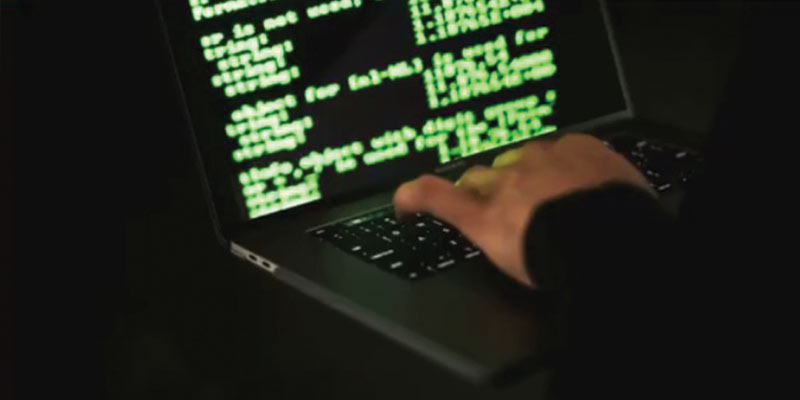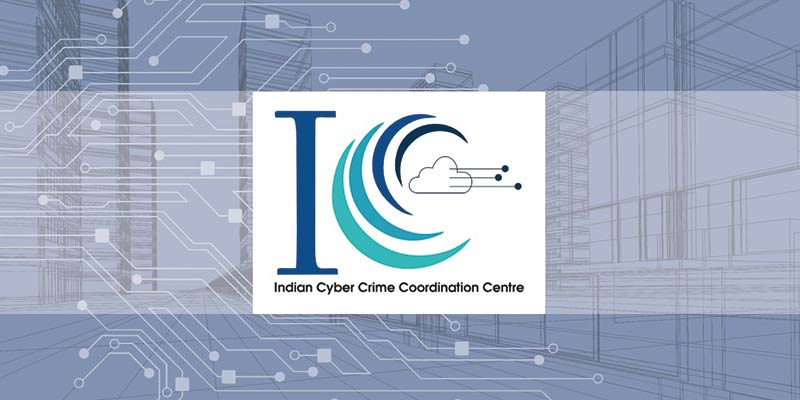- India
- May 15
Explainer - What is ‘digital arrest’?
• A large number of complaints are being reported where criminals posing as officials of regulators and enforcement agencies are indulging in intimidation, blackmail, extortion and “digital arrests”.
• A number of victims have lost large amounts of money to such criminals.
• Cybercriminals pose as police officers or representatives central agencies like the Central Bureau of Investigation (CBI), the Enforcement Directorate (ED), Reserve Bank of India (RBI), etc as part of an organised online economic crime and is learnt to be operated by cross-border crime syndicates, warned the Union ministry of home affairs (MHA).
• Commonly known as the “parcel scam”, the cybercriminals call victims informing about a parcel addressed to them which contains contraband items like illegal goods, drugs, or fake passports, among others.
• In other cases, cyber fraudsters call to convey that a near or dear one of the victim has been found to be involved in a crime or an accident and is in their custody. A demand for money is made to compromise in the “case”.
• The Indian Cyber Crime Coordination Centre (I4C), under the ministry of home affairs, coordinates activities related to combating cybercrime in the country. MHA is closely working with other ministries and their agencies, RBI and other organisations to counter these frauds.
What is ‘digital arrest’?
• ‘Digital arrest’ has become a major concern nowadays. It is a new cyber fraud.
• The fraudsters pose as law enforcement agency officials, like CBI or customs officials, and threaten people of arrest by making video calls in the name of fake international parcels of banned drugs.
• They deceive the victims by making them believe that their bank account, SIM card, Aadhaar card, or other cards linked to their bank account has been used unlawfully.
• The fraudsters then virtually restrain the victims from moving out of the house and coerce them into paying them money.
• They ask the victims to stay online via Skype and not share this information with anyone even as they kept a watch on her throughout the period.
• The fraudsters are known to use studios modelled on police stations and government offices and wear uniforms to appear genuine.
• Cybercriminals are technically sound and know how to convince their targets and drain their hard-earned money. They usually target old people.
• These fraudsters use translation tools for better English to send threatening letters and forge letterheads of police departments. They usually procure Aadhaar cards from other sources.
• Digital arrest scams are reported across the country. According to a report, several such cases are being registered in New Delhi with over 200 registered every month.
• I4C is providing inputs and technical support to police authorities of states/UTs for identifying and investigating the cases.
• I4C has also blocked more than 1,000 Skype IDs involved in such activities, in collaboration with Microsoft. It is also facilitating blocking of SIM cards, Mobile devices and Mule accounts used by such fraudsters.
Indian Cyber Crime Coordination Centre (I4C)
• Indian Cyber Crime Coordination Centre (I4C) is an initiative of the ministry of home affairs to provide a national platform for tackling cybercrime in a coordinated and comprehensive manner.
• I4C is working towards its vision to create an effective framework and ecosystem for prevention, detection, investigation, and prosecution of cybercrime.
• I4C aims to strengthen the capabilities of law enforcement agencies (LEAs) and improve coordination among various stakeholders and LEAs.
• It is continuously working for the enhancement of the nation’s technical capabilities to deal with cybercrime and to further strengthen the operational architecture and coordination among LEAs and other stakeholders.
• The focus of I4C has been on tackling all the issues related with cybercrime for all citizens, such as improving coordination among various central and state agencies, driving change in India’s overall capability to tackle cybercrime and facilitating capacity development of LEAs to better respond to cybercrime.
• I4C also focusses on strengthening the fight against cybercrime, committed against women and children.
• Ease of filing cybercrime related complaints has been improved with the various initiatives of NCRP.
• I4C has assisted states/UTs in capacity building of police officers and judicial officers in the areas of cyber forensics, cyber hygiene, cyber-criminology, etc.
Components of I4C:
i) National Cybercrime Threat Analytics Unit for reporting threats pertaining to cybercrimes at regular intervals.
ii) National Cybercrime Reporting Portal to report various cybercrime complaints by citizens at all India level on a common platform on 24x7 basis from “anywhere, anytime”.
iii) National Cybercrime Training Centre to impart training to government officials, specially state law enforcement agencies.
iv) National Cybercrime Research & Innovation Centre to carry out research for development of indigenous tools for prevention of cybercrimes.
v) Platform for Joint Cyber Crime Coordination Teams for coordination, sharing of modus operandi of cybercrimes, data/information among states/UTs LEAs.
vi) National Cybercrime Ecosystem Management Unit for creating mass awareness in cyber hygiene for prevention of cybercrimes.
vii) National Cybercrime Forensic Laboratory (Investigation) Ecosystem for helping LEAs in cyber forensics investigation.
National Cybercrime Reporting Portal
• The portal was launched on a pilot basis on August 30, 2019, and it enables filing of all cybercrimes with specific focus on crimes against women, children, particularly child pornography, child sex abuse material, online content pertaining to rapes and gang-rapes.
• The portal can boost the capacity of law enforcement agencies to investigate cases and will improve the success rate of prosecutions.
• It also focuses on specific crimes, especially those related to finance and social media stalking, cyber bullying, etc.
• The portal will improve coordination among law enforcement agencies of different states, districts and police stations for dealing with cybercrimes in a coordinated and effective manner.
Manorama Yearbook app is now available on Google Play Store and iOS App Store



